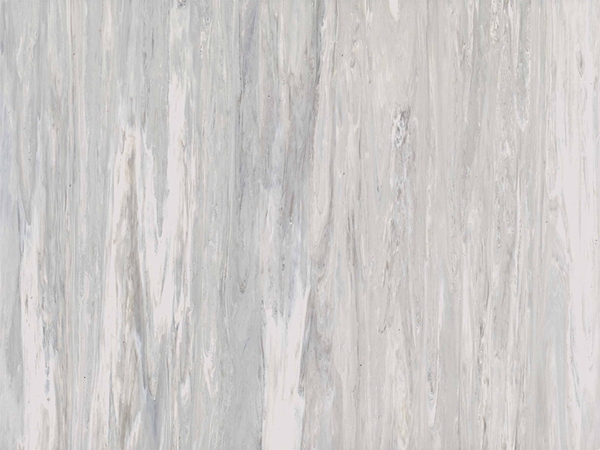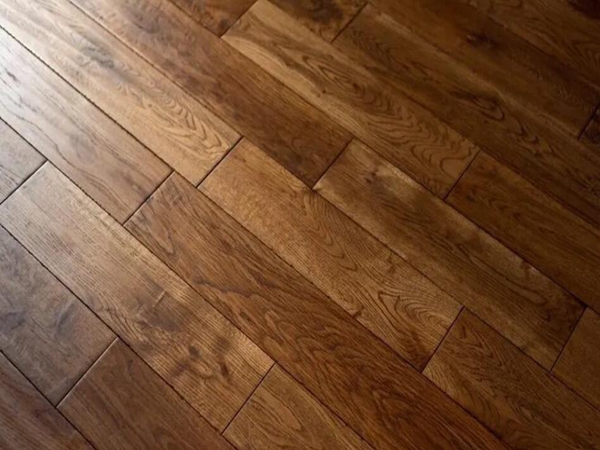
Flooring plays a crucial role in the aesthetics and functionality of a space, and choosing the right type of flooring can significantly impact the overall design and feel of a room. In this article, we'll delve into the comparison between herringbone SPC (Stone Plastic Composite) flooring and traditional wood flooring, analyzing their characteristics, properties, and suitability for different settings.
Herringbone SPC flooring is a modern flooring option known for its durability, water resistance, and aesthetic appeal. Composed of stone plastic composite materials, herringbone SPC flooring offers remarkable stability and strength, making it an ideal choice for both residential and commercial applications. Its herringbone pattern adds a touch of elegance and sophistication to any space.


Wood flooring, whether solid hardwood or engineered wood, has long been revered for its natural beauty and warmth. With its timeless appeal and versatility, wood flooring adds character and charm to any interior space. However, wood flooring requires regular maintenance and is susceptible to moisture damage, making it less practical for certain environments.
Herringbone SPC flooring boasts superior durability compared to wood flooring. It is highly resistant to wear and tear, impact damage, scratches, and stains, making it an excellent choice for high-traffic areas and busy households. In contrast, wood flooring may show signs of wear and tear over time, requiring refinishing to restore its appearance.
One of the key advantages of herringbone SPC flooring is its exceptional water resistance. Unlike wood flooring, which can warp, swell, or rot when exposed to moisture, herringbone SPC flooring remains unaffected by water damage. This makes it suitable for areas prone to spills, such as kitchens, bathrooms, and basements.
Herringbone SPC flooring offers a wide range of design options, including various colors, patterns, and textures to suit different interior styles. Its herringbone pattern adds visual interest and sophistication to any room. On the other hand, wood flooring exudes natural beauty and warmth, with each plank showcasing unique grain patterns and textures.
Herringbone SPC flooring requires minimal maintenance, with routine sweeping and mopping sufficient to keep it clean and looking new. In contrast, wood flooring requires regular cleaning, polishing, and refinishing to maintain its appearance and protect it from damage.
In conclusion, both herringbone SPC flooring and wood flooring offer unique advantages and aesthetic appeal. The choice between the two ultimately depends on factors such as durability, water resistance, design preferences, maintenance requirements, environmental considerations, and budget constraints. By carefully weighing these factors, homeowners and designers can make informed decisions when selecting the right flooring option for their space.